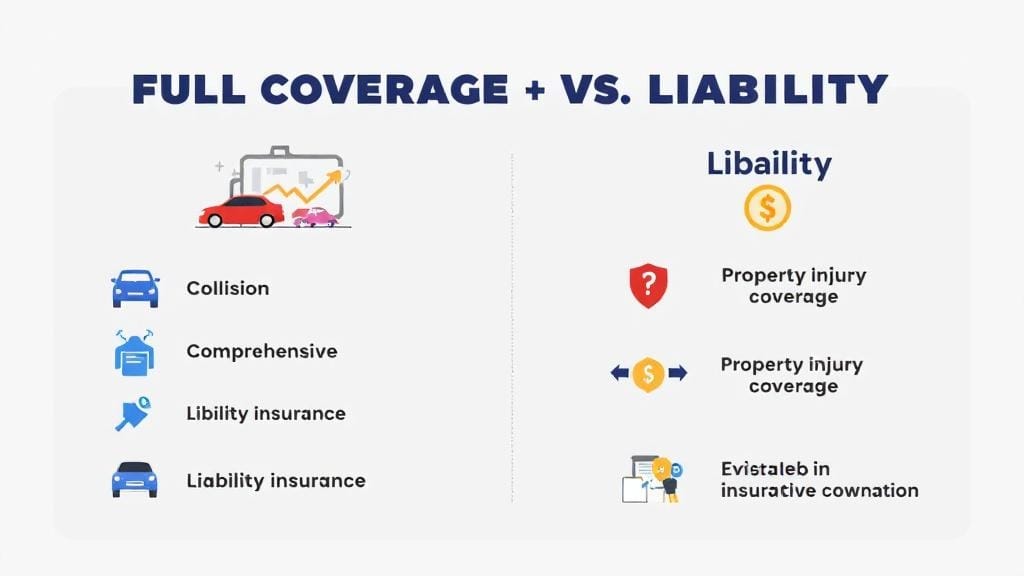If juggling multiple credit card bills and loan payments each month feels like a financial circus act, consolidation loans for debt might be your ticket to a simpler, more manageable repayment plan. Whether you’re drowning in credit card balances or struggling to keep up with various due dates, a debt consolidation loan can help you bring everything under one roof — often with better terms.
In this guide, we’ll break down exactly how consolidation loans work, who they’re for, and how to find the right one for your needs. We’ll also cover long-term strategies, pitfalls to avoid, and how it all impacts your financial future.
✅ What Is a Debt Consolidation Loan?
At its core, a debt consolidation loan is a single loan you take out to pay off multiple debts. Instead of making five or six payments to different lenders every month, you make just one — usually at a lower interest rate or with a more manageable monthly payment.
This strategy is ideal for anyone struggling to consolidate multiple debts like:
High-interest credit cards
Medical bills
Private loans
Store credit accounts
Personal loans with short repayment windows
📌 Real-life Example:
Sarah had three credit cards with interest rates over 25%. She took a long-term debt consolidation loan with a lower 12% APR and extended the repayment term over five years. This cut her monthly payments nearly in half, giving her breathing room in her budget.
🏦 Types of Consolidation Loans for Debt
Choosing the right type of loan is key. Here are the most common options:
💳 1. Credit Card Consolidation Loans
These are personal loans specifically designed to pay off high-interest credit card debt. Many offer fixed rates, making it easier to budget.
Benefits:
No risk of increasing rates like variable APR cards
Fixed repayment schedule
Can boost your credit score by lowering your credit utilization
🏥 2. Private Loans for Debt Consolidation
Private lenders — such as online banks, credit unions, or fintech apps — offer loans tailored for consolidation. Many have easy approval debt consolidation loans, especially for those with fair credit.
Tip: Always compare debt consolidation loan offers online to see who provides the best interest rates and terms.
🕒 3. Long Term Debt Consolidation Loans
If your goal is a lower monthly payment, look for loans with longer terms. Stretching the repayment over 5-10 years can drastically reduce your monthly payment.
However, longer terms often mean more interest paid over time — so always weigh this trade-off.
💡 How Consolidation Loans Help You Save
🔻 Interest Rate Reduction
One of the biggest advantages is potentially scoring a lower interest rate than your current debts. For example, replacing five credit cards at 22% APR with a loan at 11% can save thousands.
🧮 Monthly Payment Reduction
Monthly payment consolidation loans combine all payments into one — usually lower than the combined total of your old debts.
🔄 Loan Term Flexibility
Most consolidation loans allow you to choose a term — say, 3 years, 5 years, or even 7 years — based on your financial goals and how much you can afford monthly.
🧘 Stress-Free Budgeting
Instead of remembering multiple due dates and minimums, you have just one fixed payment, often on the same date each month. This reduces the mental load and the risk of missing payments.
📉 When to Consider a Consolidation Loan
You’re overwhelmed by multiple creditors
You’re only making minimum payments and not making progress
Your debts are mainly high-interest credit card balances
Your credit score is good enough to qualify for a lower rate
You need an emergency debt consolidation loan to regain control fast
🚫 When NOT to Consolidate
If your total debt is too high to manage even with consolidation
If your new loan has a higher interest rate than your current average
If you’re likely to keep using your credit cards, running up new debt
In such cases, a debt management plan or credit counseling services might be a better fit.
🔁 Debt Consolidation vs Debt Settlement
Debt consolidation means you’re still paying back the full amount — just more conveniently.
Debt settlement involves negotiating to pay less than you owe, which can damage your credit and come with tax consequences.
| Feature | Debt Consolidation | Debt Settlement |
|---|---|---|
| Credit Impact | Usually positive or neutral | Negative |
| Repayment | Full balance repaid | Partial repayment |
| Cost Savings | From interest reduction | From debt reduction |
| Tax Consequences | None | May owe taxes on forgiven debt |
💳 Will Consolidation Hurt My Credit Score?
Initially, applying for a loan results in a small, temporary dip in your score due to a hard inquiry. But in the long run, consolidation can boost your score if:
You lower your credit utilization ratio
You make on-time payments
You avoid taking on new debt
🔎 How to Find the Best Consolidation Loan
Here’s what to look for when comparing loans to combine debt:
✅ Interest Rate
Aim for a rate lower than your current weighted average. Use an online calculator to compare.
✅ Loan Term
Longer terms = smaller payments but more total interest. Choose based on your budget and goals.
✅ Fees
Check for origination fees, late payment penalties, or prepayment penalties.
✅ Easy Approval
Some lenders specialize in easy approval debt consolidation loans, even for those with high debt or borderline credit scores.
⚠️ Pro Tip: Avoid payday loans or high-fee “debt relief” schemes. Stick to reputable personal loan providers or credit unions.
💬 Real-Life Financial Strategies After Consolidation
Here’s how to stay on track once you consolidate:
Cut up or freeze your old credit cards to avoid falling back into debt
Set up automatic payments for your new loan
Create a monthly budget to monitor spending
Build an emergency fund so you don’t have to rely on credit
❓FAQs About Consolidation Loans for Debt
1. What’s the difference between a personal loan and a consolidation loan?
A consolidation loan is just a type of personal loan used specifically to pay off existing debts. The terms and rates may be more favorable if it’s designed for consolidation.
2. Can I consolidate debt with bad credit?
Yes, but your interest rate may be higher, and some lenders may require a co-signer. Look for easy approval debt consolidation loans or consider credit counseling services.
3. Is it better to get a long-term loan to reduce monthly payments?
A long-term debt consolidation loan can lower monthly payments, but you might pay more in interest. Choose this route if cash flow is your biggest concern.
4. What are the risks of debt consolidation?
Falling back into old spending habits
Paying more interest over time if the loan term is long
Damaging your credit if you miss payments
5. How does consolidation affect my credit score in the long run?
Over time, it can boost your score if you make consistent payments and reduce your total credit utilization.
6. Should I consider a debt management plan instead of a loan?
If your credit is too poor for a decent loan, or your debt is unmanageable, a debt management plan through a non-profit agency may be better.
7. What’s the best debt payoff strategy after consolidation?
Adopt the “debt avalanche” (focus on highest-interest first) or “debt snowball” (smallest balances first) if you have leftover debts, and use your freed-up cash flow to pay them down faster.
🧾 Final Thoughts: Is a Consolidation Loan Right for You?
Consolidation loans for debt can be a game-changer — simplifying your payments, reducing stress, and even saving money over time. But they only work if paired with discipline, budgeting, and a clear payoff strategy.
If you’re serious about getting out of debt and rebuilding your financial life, consolidation can be your first — and smartest — step toward freedom.








Comments (0)